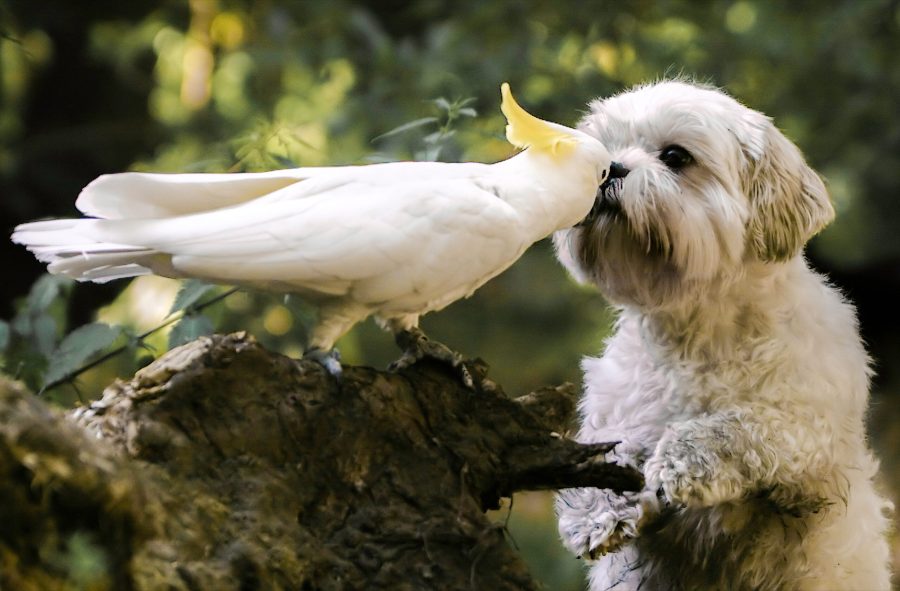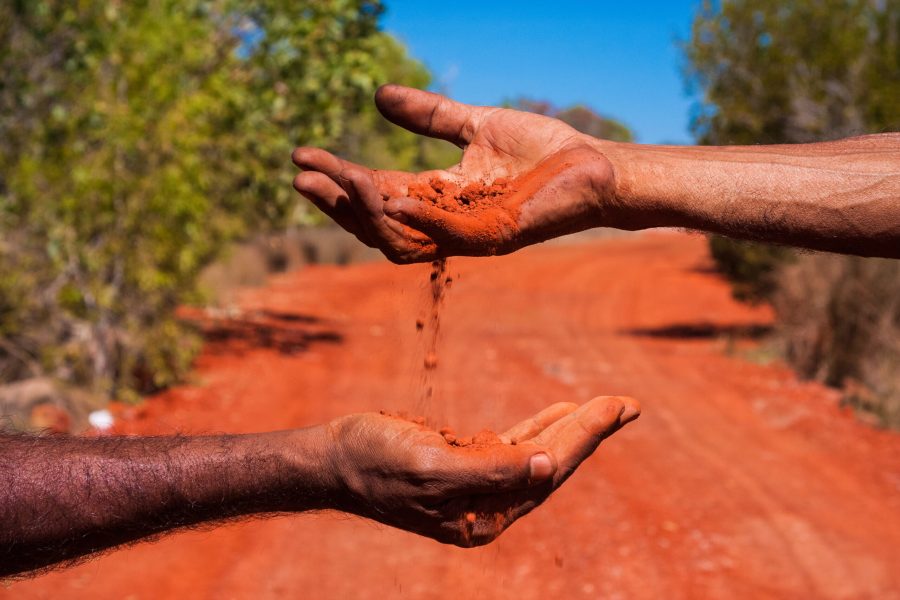Flying high: pleasure-seeking parrots pick pungent chemicals
Whether medicinal, hygienic or recreational, birds have been observed utilising highly aromatic plants and insects.
Whether medicinal, hygienic or recreational, birds have been observed utilising highly aromatic plants and insects.
Haliskia peterseni is only the second partial pterosaur skeleton ever found in Australia.

Why do we love to see unlikely animal friendships? A psychology expert explains.
The Beatles began their first and only tour of Australia 60 years ago this week. It remains a landmark event in our social and cultural history.
It’s not only the physical challenges, but also the mental side of living in Antarctica that would make a permanent human settlement there difficult.
How do new species arise? And why are there so many of them? One possible reason is the arms race between animals such as predators and parasites, and the victims they exploit.

Thomas Watson was devastated when he discovered his traditional language, Gangulu, was no longer spoken, but his grief gave way to searching, a process that led thousands of kilometres around the world to an attic in Sweden.
History and science reveal the true story of mountain ash forests and should inform best management practice for these crucial ecosystems.
The chance discovery of a long-forgotten tray of fossils in the collections of the Australian Museum has highlighted a previously unknown “Age of Monotremes” that thrived while dinosaurs ruled the Earth.
The sniffing talents of a dog breed usually employed to find truffles have been utilised for science.